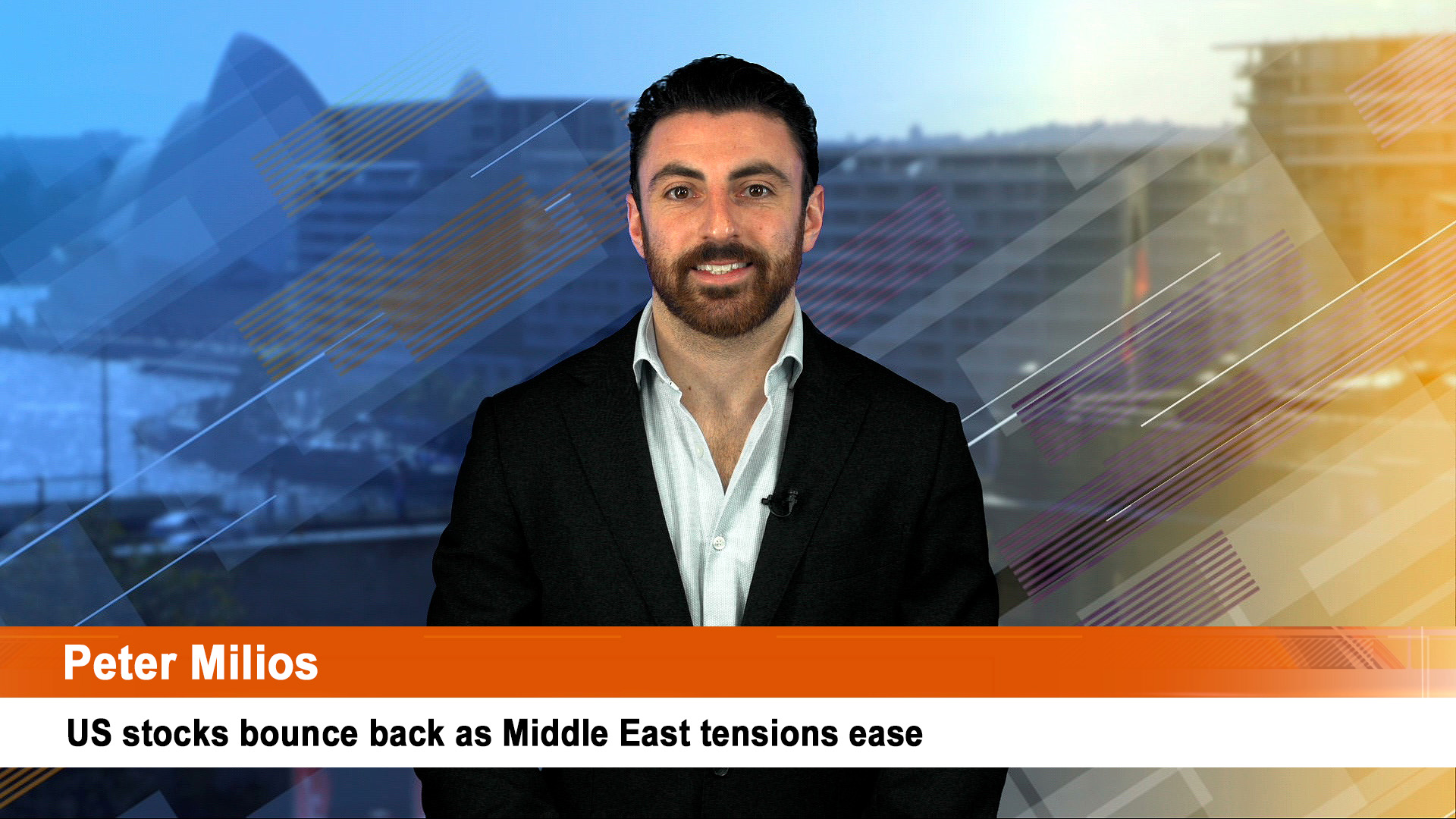With an increasing number of activist short selling campaigns targeting stocks perceived as overvalued, nervous directors will be asking ‘who’s next?’
It’s a nightmare come true for the boards of an increasing number of well-known ASX listed companies: a short seller takes a position and then airs a research note outlining in blunt terms why the stock is grossly overvalued – or even worthless.
Tech giant Wisetech (WTC, $27.90) has become the latest stock to suffer the wrath of an organised short attack, with the New York-based J Capital Research accusing management of sins including overstating profits by $116 million over three years and making dubious acquisitions.
As well as reaffirming earnings expectations, Wisetech founder and CEO Richard White dubbed the J Cap Research report as “misleading and entirely self-serving”.
Earlier, Rural Funds Group (RFF, $1.75) attracted the unwanted attention of the Texas-based Bonitas Research and the Hong Kong-based Bucephalis Research Partnership, who accused the bucolic landlord of inflating asset values.
In each case, the companies have strenuously denied the accusations and live to fight another day. Unlike sandalwood grower Quintis (formerly TFS) and Blue Sky Alternative Investments, which entered administration after an earlier touching-up from Glaucus Research.
Like betting on what nag will lose the Melbourne Cup, short selling is often considered an unsporting reflection of a negative mindset. After all, aren’t we meant to either love a stock or steer clear of it?
Short selling involves borrowing stock from an institution and selling it, in the hope of repurchasing the stock at a lower price and then returning it to the owner.
If the doom and gloom becomes self-fulfilling and the stock crashes, naysayers can make a motza.
But if the targeted company performs against expectations and the share price rises, the ‘shorters’ need to scramble to buy shares to cover their position before the shares rise even further.
Short selling advocates claim that it’s a healthy counterpoint to the uncritical commentary from gushing brokers and fund managers seeking to talk up their book. It also creates liquidity by trading shares that would otherwise be on the sidelines of the lending institution’s books.
We could add that pumping up a company’s prospects on the buy-side is no less self-serving, but oddly management rarely condemns these rosy write-ups as such.
Like all investors, the activist ‘shorters’ are not always right. Or if they are right, they may not prosecute their case convincingly enough to the market or the company has a plausible rebuttal.
Or they might be proved right, but only long after they have closed their position.
In late 2018 shares in Corporate Travel Management (CTD, $19.54) fell from $27 to $18 after VGI Partners questioned the company’s revenue recognition and global office footprint. By late February 2019, the shares touched $30 before retreating again, although bounced almost 10 percent last Wednesday after management affirmed earnings expectations.
Last year an anonymous author erroneously accused debt collector Credit Corp (CCP, $32.29) of being a payday lender, with all the accompanying regulatory risk. While the stock fell from $27 to $24 over the ensuing month, management assuaged the doubters and the stock now trades 33 percent above the low point.
Rural Funds shares traded at $2.35 a share before the Bonitas report emerged on August 7, but then fell to a low of $1.36 before recovering to $2.17. The shares have since lost ground, but that’s probably more to do with the drought than the specific allegations.
Around the same time, Treasury Wine Estate (TWE, $18.58) issued a feisty response after Hong Kong broker GMT Research accused the winemaker of inflating profits. The report (which was not released but widely circulated) sent the stock from $17.12 to as low as $15.28, but by the losses proved to be fleeting.
Harvey Norman (HVN, $4.23) was targeted in early 2017 by a report comparing the company to a collapsed US retailer, prompting founder Gerry Harvey to dub short-sellers as “criminals”. Gerry appears to have had the last laugh, with the share price improving 25 percent since the November 2017 low point of $3.
In early May this year, CIMIC (CIM, $34.51) attracted the ire of GMT Research, which accused the former Leighton Holdings of overstating income by $800m over two years. Given the shares have lost about one-third of their value since we’ll declare mission accomplished for the Hong Kong-based ginger group.
Despite the headline-grabbing claims, most shorters prefer to go about their business quietly.
And just quietly they’re often wrong, such as in the lead up to the August profit reporting season.
Of the ten most shorted stocks, only one – A2 Milk (A2M, $11.76) – substantially lost value in the month of August. Shares in the unloved Dominos Pizza (DMP, $51.26), JB Hi-Fi ($36.15) and REA Group (REA, $101) increased by 13 percent, 12 percent, and 7.5 percent respectively after these companies released better than expected numbers.
A further five stocks in the shorters’ hit parade modestly lost ground, more in less in synch with the broader market’s 3.2 percent decline.
“When a fund manager has short sold a stock, the last thing that they would want to see on results day is a headline saying that the short-sold company has delivered net profits above their guidance, which is what JB Hi-Fi did,” says Atlas Funds Management chief investment officer Hugh Dive.
While JB Hi-Fi remains well shorted, the shorters have turned their attention to other stocks perceived as vulnerable.
According to the Shortman web site, currently, the most shorted stock is Kirkland Lake Gold (KLA, $66.46), with 18 percent of its register out on loan.
Struggling graphite producer Syrah Resources (SYR, 45c) is the second most shorted, along with lithium producer Galaxy Resources (GXY, $1.06).
In both cases, the shorters’ interest is likely to reflect fears of an emerging oversupply of both of these battery metals. The short term outlook certainly doesn’t look encouraging, with Mineral Resources and Albermarle last week pausing development of their Wodgina mine, “one of the largest known hard-rock lithium deposits in the world.”
But like Melbourne’s weather, commodity prices can turn on a dime.
In the industrial sector chicken producer Inghams (ING, $3.23) is 13.7 percent shorted, partly because of rising feedstock prices related to the drought.
Data centre operator and former market darling NextDC (NXT, $6.59) has 13.2 percent of its register shorted, which kind of implies that demand for ‘cloud’ storage has peaked and internet trawlers have stopped downloading crazy cat YouTube clips.
The long and short of it is that the strident activist campaigns do tend to hit the valuation of the target company, but not always and not forever.
With most of the stocks at least partly recovering from short-selling attacks, the rewards are there for bold investors willing to punt that the market has overreacted.













